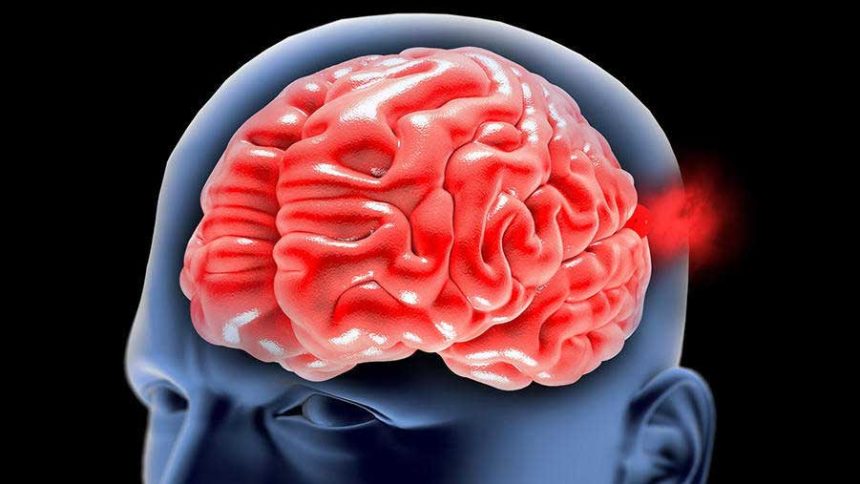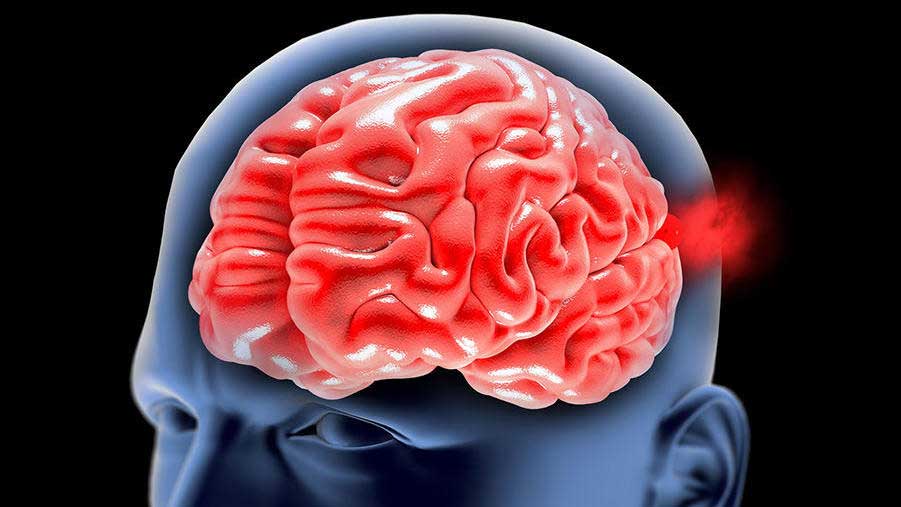
The antidepressant fluoxetine (brand names Prozac, Sarafem and others) does not help to repair the brain or improve functional abilities after a stroke, according to a multi-hospital study from Sweden.

About 750 stroke survivors took 20 mg of oral fluoxetine once daily for six months. Investigators then measured their functional ability using a standardized scale to rate the degree of post-stroke function loss. They found no significant difference between patients who took the drug and a control group. And while fluoxetine was shown to reduce depression, it also increased the risk of bone fractures and hyponatraemia (low sodium levels), they reported.
Previous research in humans and animals have suggested that fluoxetine, a selective serotonin reuptake inhibitor, may help stroke survivors with motor recovery. But the new study’s results do not support the drug’s use in post-stroke rehabilitation, said lead researcher Erik Lundström, M.D., Ph.D., from the Karolinska Institute.
“My advice is to refrain from using fluoxetine as a preventative treatment following stroke,” he concluded.
Full findings were published in The Lancet Neurology.




